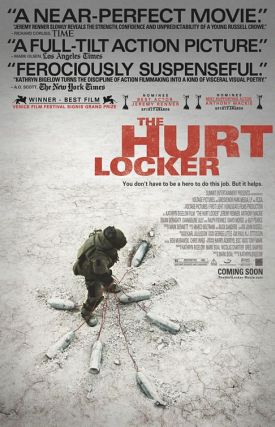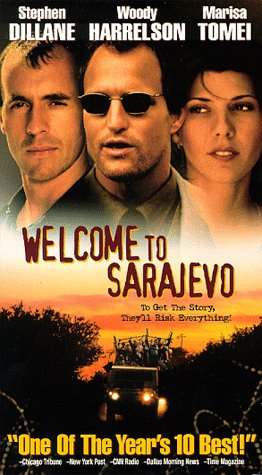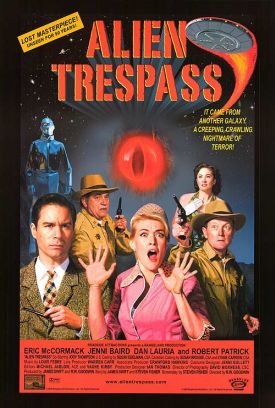Henry Fool
I tried very hard to like Henry Fool by Hal Hartley and was
intermittently successful, but I found it in the end unsatisfying. The film
tells the story of two friends, the rogue Henry Fool (“there used to be an ‘e’
on the end of it in the 17th century, but it dropped off”), played by Thomas Jay
Ryan who rents a basement apartment from the family of Simon Grim (James
Urbaniak), an awkward and unsocial garbage collector. Henry has allegedly a
magnum opus in progress, his “confessions” as he calls them, which he imagines
will “blow a hole in the world’s idea of itself.” He encourages Simon to write
too, and the painfully shy young man finds a poetic voice—at least according to
Henry—writing scatological verses in “a kind of iambic pentameter.” The most
unsatisfying thing about the film is that we are never given a sample of either
man’s writing.
I can’t help feeling that this is rather a cop-out. Everything depends on
their both being terrible writers, but Simon’s being chosen, as it were,
by the accident of celebrity. From their conversation we would not be able to
guess either that their works are publishable or that they are, as Simon’s
publisher says of the verses he later bids frantically for, “Quite unbelievably
bad.” If your thesis is that literary celebrity in America is fundamentally
bogus, the product of hype and shock value and immature taste—a thesis, by the
way, with which I would find myself in some sympathy—then it seems to me that
you owe us a sampling of the dreck that has received this treatment.
Still, there are some comical moments after Henry has the idea of posting one
of Simon’s more disgusting poems on the Internet and makes Simon into an
intellectual celebrity. I especially liked having Camille Paglia, playing
herself, appear on TV with a soundbite to the effect that Simon’s poem
represents “the authentic trashy voice of American culture.” Even the Pope
denounces him. His slutty sister, Fay (Parker Posey) comments: “God, Simon.
You’re like a total f***ing rock star.” Then, when the publisher comes back,
cap in hand, to offer Simon bags of cash to publish the poetry he had earlier
dismissed, he very carefully says: “I think it will be enormously
successful.”
Simon protests: “But you don’t like it.”
“It’s growing on me.”
Meanwhile, Henry has got Fay pregnant and inadvertently agreed to marry her.
He speaks of “the bloody maw of banal necessity” and of how “my genius will be
wasted trying to make ends meet.” Simon is disposed to generosity. “You saved my
life. . .I owe you everything,” he tells Henry, offering to insist that his
publisher publish Henry’s confessions as precondition for getting his own book
onto his list. But then he reads Henry’s magnum opus, hitherto jealously guarded
from the world’s sight, and finds it completely lacking in literary merit. So
does the publisher, who refuses to publish it. Will Simon stand by his promise?
Or will he take the money and run? Will Henry stand by Fay? Will he cope with
the knowledge of his own talentlessness by taking refuge (like many another
before him) in the idea of his own superior taste, like that of the literary
elitists he scorns?
All these are interesting questions, but Hartley doesn’t deal with them very
satisfactorily. Instead he offers us a gratuitous melodrama involving Henry’s
violent encounter with an abusive husband and stepfather (a badly miscast Kevin
Corrigan) from the neighborhood in Queens, for which police suspicion falls on
Henry. There is a kind of burlesque of a spy story identity swap which follows
and an ambiguous ending, and we are left to wonder what happened to the serious
questions about art and life which were asked and not answered earlier on.
Discover more from James Bowman
Subscribe to get the latest posts to your email.





